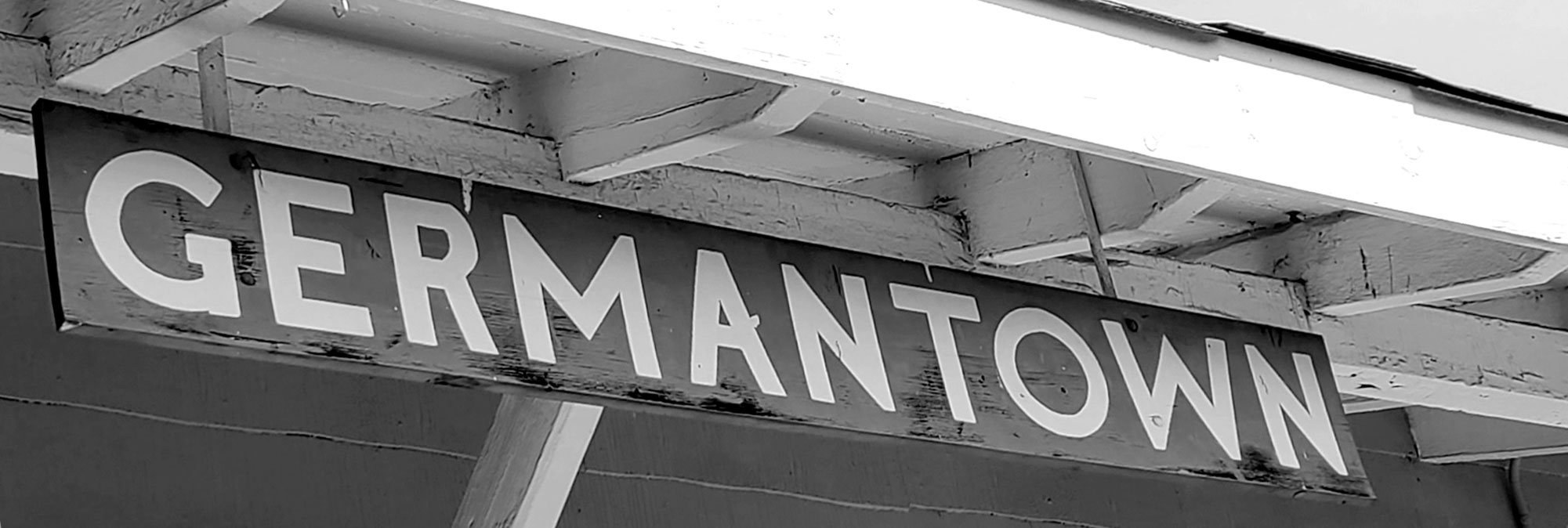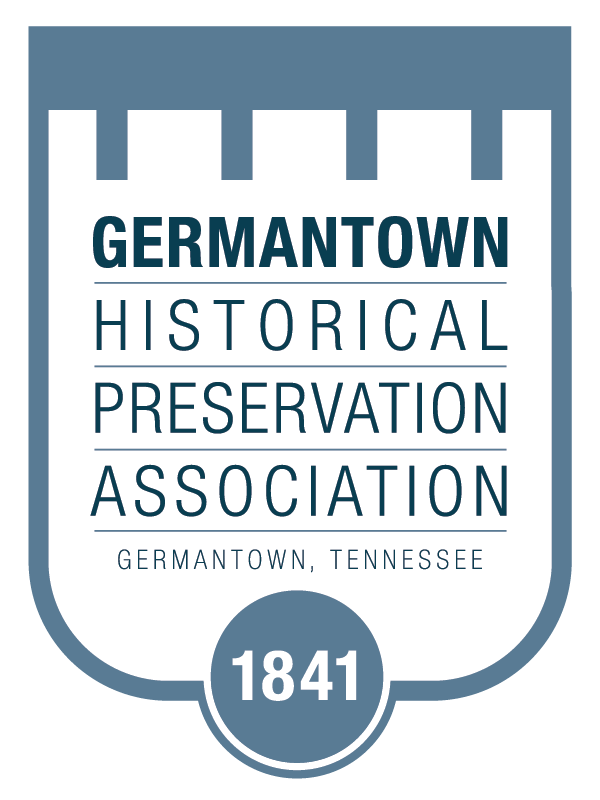
1997
Administration | Court | Development | Environmental Services | Finance | Fire | Parks and Recreation| Personnel | Police
- Mayor Sharon Goldsworthy, Vice-Mayor John Drinnon, Aldermen Lisa Parker, Robert Parrish, Gary Pruitt and Frank Uhlhorn.
- Jim Anderson retired as Superintendent of the Shelby County School System after twelve years of service. The system had thirty-three schools and 28,000 students when he began in 1985 and forty-four schools and 47,000 students when he retired. Shelby County had recently been named one of the top 100 school systems in the nation.
- The Shelby Sun Times celebrated its 10th Anniversary. The paper serves the east Shelby County communities of Germantown, Cordova and Collierville. The first issue was printed on May 28, 1987.
- Time Warner was given a twenty year cable franchise contract.
- The City updated the Emergency Management Plan, which had last been updated in 1989. The change was to conform to the format currently used by the State and Federal Emergency Agencies. The responsibility of directing the emergency management efforts were placed in the office of the City Administrator by giving the Assistant City Administrator the corollary duties of Director of Emergency Management. This format for direction enhanced the coordination and communication efforts by following the established lines of supervision and control.
- Approximately $4,000 was raised in the 1999 Mayor’s Cup 5K Race and Fun Walk for the Knights of Columbus to give to Special Olympics. Over 300 people participated in the race.
- Mayor Goldsworthy was appointed to a Blue Ribbon Committee by Governor Don Sundquist to serve on a Special Education Task Force.
- A proclamation was given in honor of the success of the opening of the new library. The gala preview event raised between $25,000-$30,000 to buy books. The proclamation especially recognized those on the Library Commission and the Gala Committee. Many donations were given to the library. Those donations included $20,000 from the Germantown Civic Club, $5,000 from the Knights of Columbus, $2,900 from the Germantown Woman’s Club, and $1,000 from the Germantown Rotary Club.
- The Sign Ordinance was amended pertaining to temporary real estate signs. The signs would be allowed to have one information box or tube. The amendment also allowed temporary signs to contain the following information:
a. Name of company h. Shown by appointment only b. Name of agent i. For lease or rent c. For sale or sold j. Key box d. Phone number k. Open house e. Physical description of property l. Pool f. Type of financing m. Warranty g. Corporate owner n. Lease purchase - The Board passed the Telecommunications Ordinance. The ordinance began as a model Telecommunications Ordinance created for the National League of Cities and the National Association of Telecommunications Officials and Advisors. The Telecommunications Act of 1996 opened the market to any vendor. A similar ordinance had been passed in 1996 dealing with the actual transmission facilities, while the new ordinance dealt with the carriers of the telecommunications services. The new ordinance had the following points:
-
- Require all carriers to register with the City Clerk;
- Approved construction methods and standards employed by telecommunications services;
- Outline of the manner in which telecommunications services utilize the public right-of-way and compensate the city for use of that right-of-way; and
- Allow the City to grant non-exclusive franchises to telecommunications services that exist in the city.
- Mary Catherine Jermann was appointed as Assistant Prosecuting Attorney for the City Court.
- Developments for 1997 included the Mid-South Radiation Oncology Center, Waffle House, Volunteer Bank, Farmington Corporate Center, the Residence Inn and Fairfield Inn.
- Construction was approved for a right turn lane on the west side of Germantown Road from the bridge south to Wolf River Boulevard. The estimated cost was $196,824 with $45,000 coming from the state and the balance from contributions from the developers adjacent to the roadway.
- A professional services agreement was executed between the city and Davis Engineering Co. for improvements to Germantown Road through the “OG” District for $53,190. The plan was projected to provide grater vehicular/pedestrian separation, add an urban edge and sidewalk to the sides of the roads with businesses, create additional green space and facilitate the opportunity for walk-up businesses.
- Mr. Andy Pouncey, Director of Planning, was elected chairman of the State of Tennessee Board of Architectural and Engineering Examiners by the Board.
- Three wireless transmission facilities were approved: Bellsouth Saddle Creek WTF (disguised as a pine tree), Bellsouth Wolf WTF and the Powertel WTF at Forrest Hill-Irene Fire Station.
- The Board approved the Liberty Healthcare Assisted-Care Living Facility. The proposal called for a 50-unit assisted-care facility located on the south side of Poplar Avenue. This project was heartily endorsed by the Senior Citizens Commission.
- The Shelby County Groundwater Quality Control Board, of which Germantown is a member, was awarded the Governor’s Environmental Stewarship Award.
- Hull Mechanical Contractors, Inc. were contracted to renovate the Southern Avenue Water Plant. The plant had been running continuously for twenty years. The renovation included the addition of a new computer system that would allow for staff to control both this plant and the proposed Johnson Road Water Plant from one location. The cost of the renovation was $357,144.
- Drainage improvement construction contracts were awarded for Miller Farms, Germantown Elementary and Middle schools, and Riverdale Park Subdivision.
- The Tennessee Department of Environment and Conservation presented the “1996 Civic Volunteer Award” to the Germantown Environment Commission.
- Allen & Hoshall, Inc. were hired to perform the final design of Phase II of the Johnson Road Water Treatment facility for $369,000.
- Germantown’s Environmental Services Department hosted the Tennessee Chapter of the American Public Works Association. The conference and rodeo were a success, with Germantown receiving five of eighteen awards.
- The FY98 Budget was approved for $31,431,000, which was a 7.3% increase over FY97’s Budget. Approximately $25 million was set aside for the Capital Improvement Budget.
- Rates and fees are set by resolution and consolidated into one document, which is adopted along with the Operating Budget each fiscal year. There were two major increases in conjunction with the Sanitation Fund and Utilities as follows:
Sanitation Fee: Homeowner fee increased from $14.50 to $16 and the condominium fee increased from $8.70 to $9.60.
| Water Rate | Residential | Usage | Current | Proposed |
| Minimum | $3.00 | $3.75 per TGL | ||
| 4TGL to 20 | $0.80 | $1.10 per TGL | ||
| Over 20 TGL | $1.10 | $1.75 per TGL | ||
| Water Rate | Commercial | Usage | Current | Proposed |
| Minimum | $4.50 | $5.63 per TGL | ||
| 4 TGL to 20 | $1.20 | $1.58 per TGL | ||
| Over 20 TGL | $2.20 | $2.93 per TGL |
- The Board passed the five year Capital Improvements Program (CIP) for the years 1998-2003. Projects on the CIP were Kimbrough Road improvements, a fire pumper replacement, drainage improvements, and a renovation for the Germantown Municipal Building.
- The Hotel/Motel Occupancy tax for the city was raised from 3% to 5%. The tax was initiated in 1996. Sixty percent of the increased tax was earmarked for the Germantown Performing Arts Centre.
- The Board authorized the sale of $10 million General Obligation Bonds. The bonds were purchased by J.C. Bradford and Company. The bonds were used to finance capital improvements projects.
- One of the most intense and lengthy debates in 1997 was an amendment to the Fire Prevention and Protection Chapter of the Code of Ordinances. The code required a sprinkler system be installed in all residential buildings that were less than twenty feet apart. One side argued that buildings less than twenty feet apart presented a fire hazard to each other if one caught on fire (fire traveling from one house to the house next door). They also argued that less than twenty feet was not adequate space for firefighters to operate in or safely evacuate if a collapse occurred. The other side argued that sprinklers were not reliable and could cause monumental damage if they malfunctioned. Eventually a compromise was reached, whereby a monitored fire and smoke alarm system may be installed as an alternative to an automatic sprinkler system.
- For the second consecutive year, the Parks Department won the Governor’s Award for Excellence in Parks and Recreation, in recognition of the improvements made in the departments through the year. It was actually the fifth award because the city won the award for three years and was not eligible for the next three years.
- Following a recommendation by the Parks and Recreation Commission, the Board approved naming the Athletic Complex, the “Bob Hailey Athletic Complex”. Alderman Parker stated that she served as the Parks and Recreation Commission liaison last year and was happy to see this come forward because Bob was a special person to the city, not only as an employee, because he put his heart and soul into whatever he did.
- The Parks Department was selected as one of four finalists for The Sports Foundation Gold Medal Award. For many years, the department had received a Certificate of Merit for being nominated for this award, but this was the first time they had been selected as one of the four finalists for the award nationwide in its population category.
- Phase I of Houston Levee Park was completed in 1989, however, money was not appropriated to complete the master plan. The city entered into a professional services contract with Fisher &Arnold for design specifications for Phase II in the amount of $26,700.
- An ordinance was passed amending the terms for members of the Parks and Recreation Commission. Starting in 1998, members would serve three years instead of one, with staggered terms. This method would reduce problems associated with turnover.
- The City hired Associates Consulting & Training Services to develop and implement a professional training and certification program for the city secretaries in the amount of $16,000. The program would provide an administrative support service and establish a certification procedure. The program would also provide professional development of the secretarial staff, contribute to personal efficiency and provide a means to recognize and reward staff.
- The Department purchased seven digital cameras to replace the 35mm ones for $6,279. This would enable the police to digitally store images of crime scenes and accidents on the computer.
- After Shelby County repealed its countywide curfew, Germantown was left without a curfew. The Board approved an 11pm-6am curfew for minors under the age of 18. Offenders would be handled in one of three ways:
-
- The child would be transported home;
- The child would be issued a misdemeanor citation; or
- The child would be transported to Juvenile Court.
If it is a first offense, the police will take the child home or issue a summons depending on the circumstances and the time of night. If some event of criminal nature is involved, the child will definitely be taken to Juvenile Court at which time the parents will have to do whatever the court deems necessary.
- Discussion was initiated on starting a horse patrol for the City of Germantown.
- The Board approved the equipping of patrol cars with notebook computers for $77,260.
- Police Chief Eddie Boatwright retired and Deputy Chief James A. Fortune was appointed to Chief of Police on October 13.
- Ten new recruits were welcomed onto the force.
